Why Do Dogs Eat Shit

Eating shit is a confusing and disgusting behavior to many people, not only dog owners. To understand this issue, we need to explore some possible causes and explanations. Here are several reasons why dogs behave like that.
First of all, eating shit may be an instinctive behavior. In the wild circumstance, the ancestors of dogs may have eaten their own feces or those of other animals for nutrients. This is a survival instinct, as feces may contain undigested food scraps and other beneficial nutrients. Although today's domestic dogs no longer need this behavior to survive, the instinct still exists.
Further more, dog-eating may be due to insufficient nutrition. If a dog's diet is lacking in certain key nutrients, it may try to supplement those nutrients by eating poop. This can happen when a dog's diet lacks fiber, enzymes, or other important nutrients. To combat this problem, dog owners should make sure to provide their dog with a balanced and nutrient-rich diet to meet its nutritional needs.
In addition, eating shit can be a behavioral problem. Some dogs may start eating poop out of boredom, anxiety, or boredom. This behavior may be a form of thrill-seeking, or an act of self-soothing. This behavior problem may need to be addressed through training and providing more stimulation. Making sure the dog has enough exercise and play time and providing plenty of toys and games can help reduce dog poo eating behavior.
What’s more, dogs can eat shit because of their eating habits or other factors in their environment. Some dogs may have special preferences for certain foods or tastes, which can cause them to eat poop. In addition, some dogs may be influenced by other dogs or animals and imitate this behavior after seeing them eat poop. In this case, dog owners should pay attention to their dog's diet and environment, and try to avoid exposing their dog to poop or other substances that cause them to eat poop.

To sum up, dog-eating can be caused by a variety of reasons and causes, including instinctive behavior, nutritional deficiencies, behavioral problems, or environmental factors. To clearly recognize this problem, dog owners should pay attention to their dog's diet and environment and provide proper training and stimulation. If the problem persists or seriously affects the dog's health and behavior, it is recommended to consult a veterinarian or behavioral specialist for help.
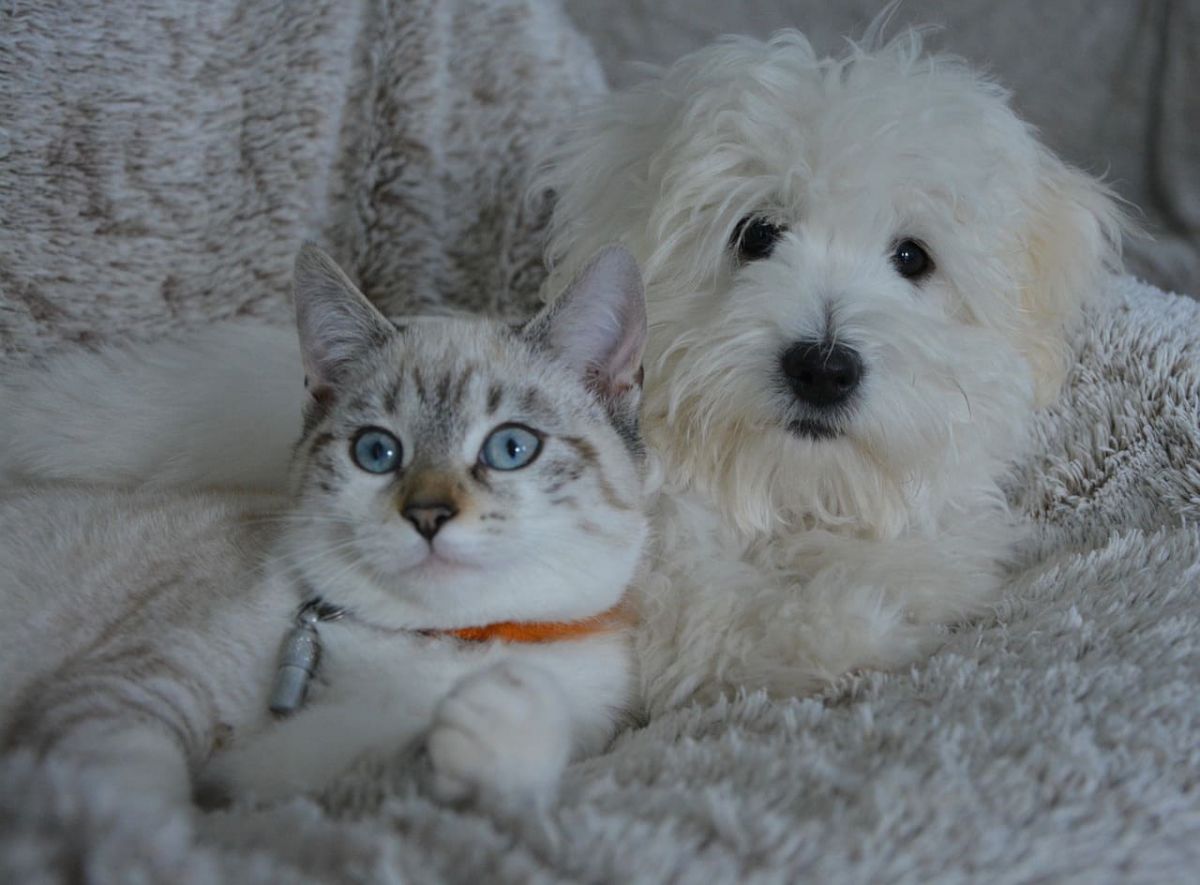
An Authoritative Glimpse into the World’s Top Ten Most Popular Categories of Pets

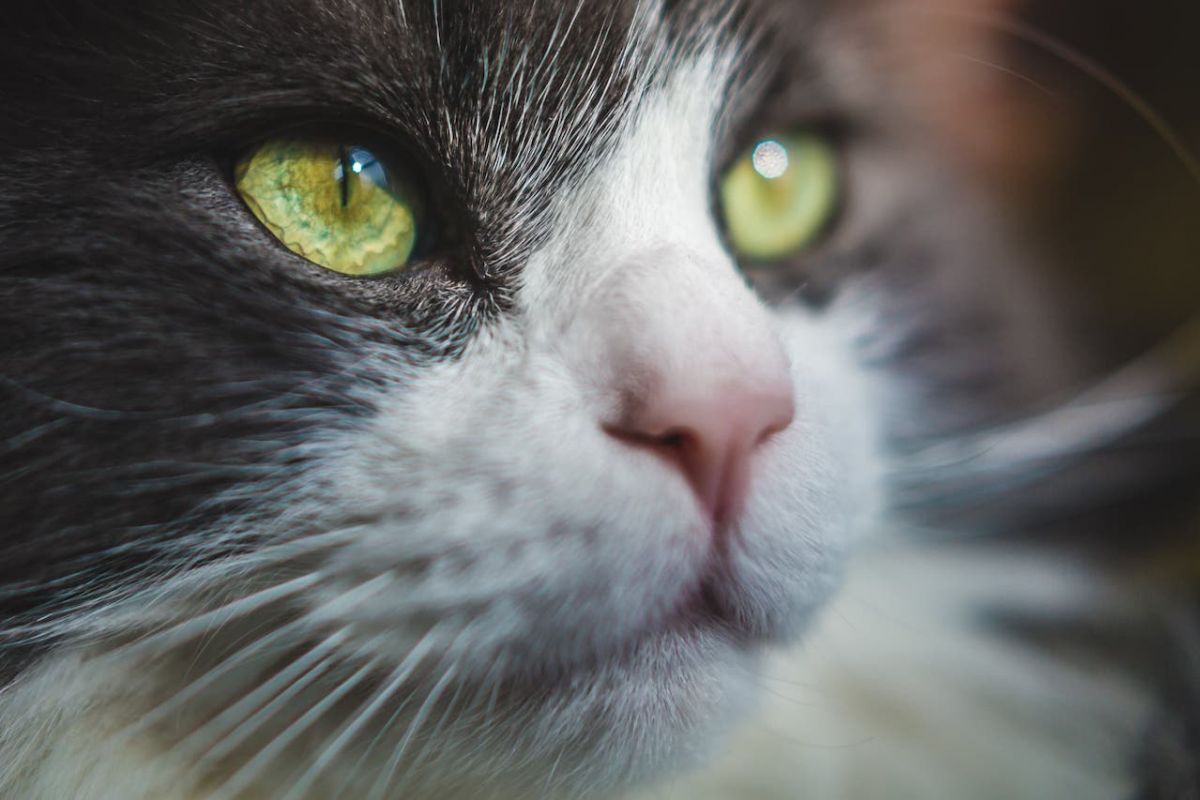
Why Do Cats Squirm Before Pouncing

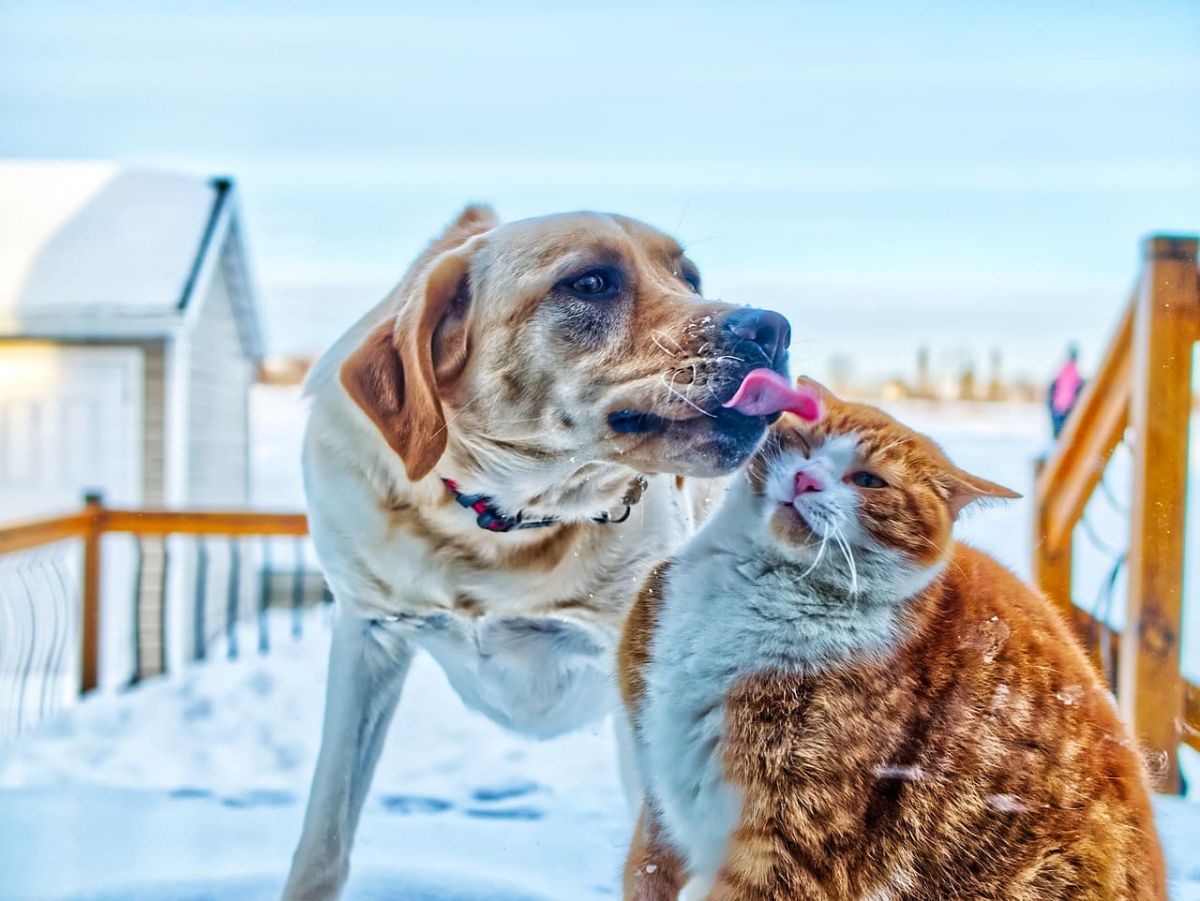
True Heartwarming Stories: The Unbreakable Bond Between Animals and Humans

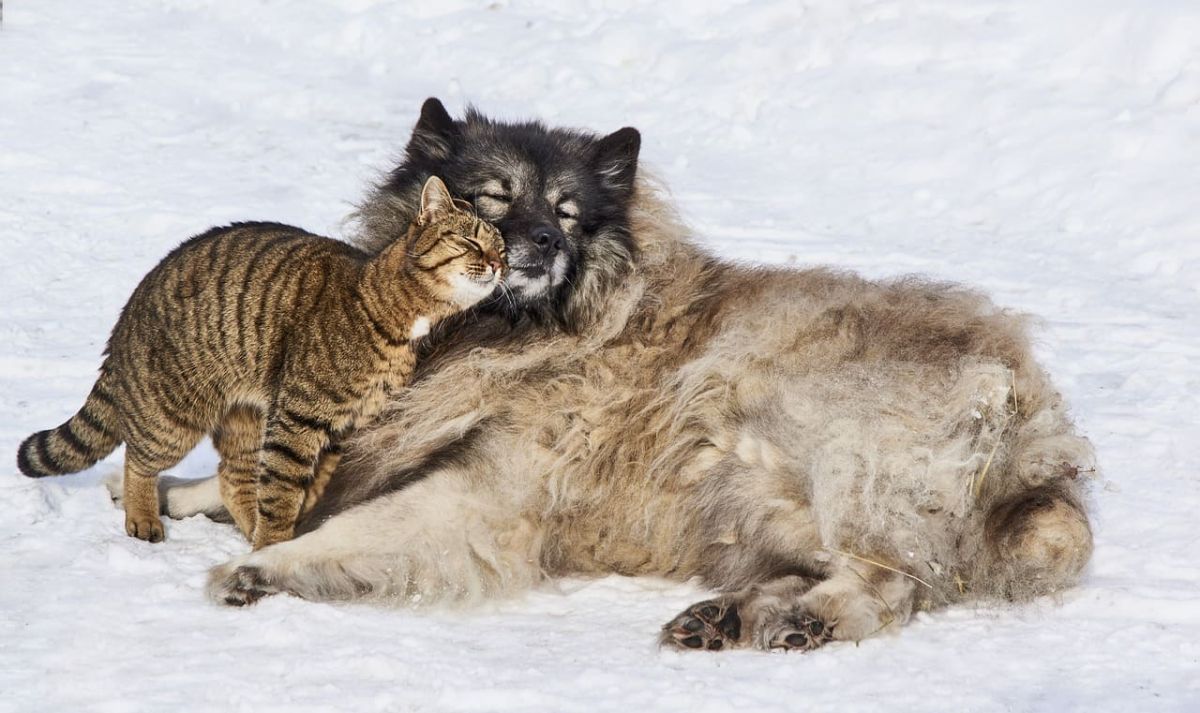
Pets’ Interesting News and Anecdotes

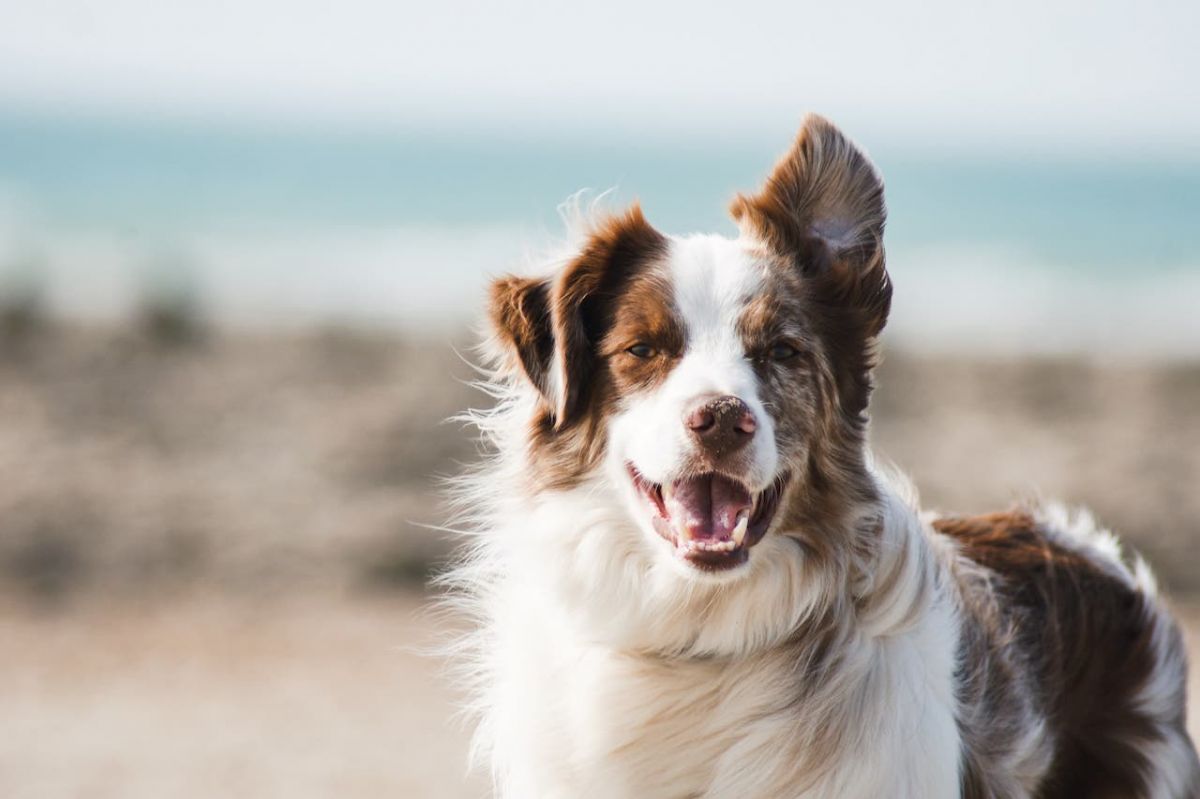
Owning a Pet May Help Maintain Mental Health When We’re Over 65

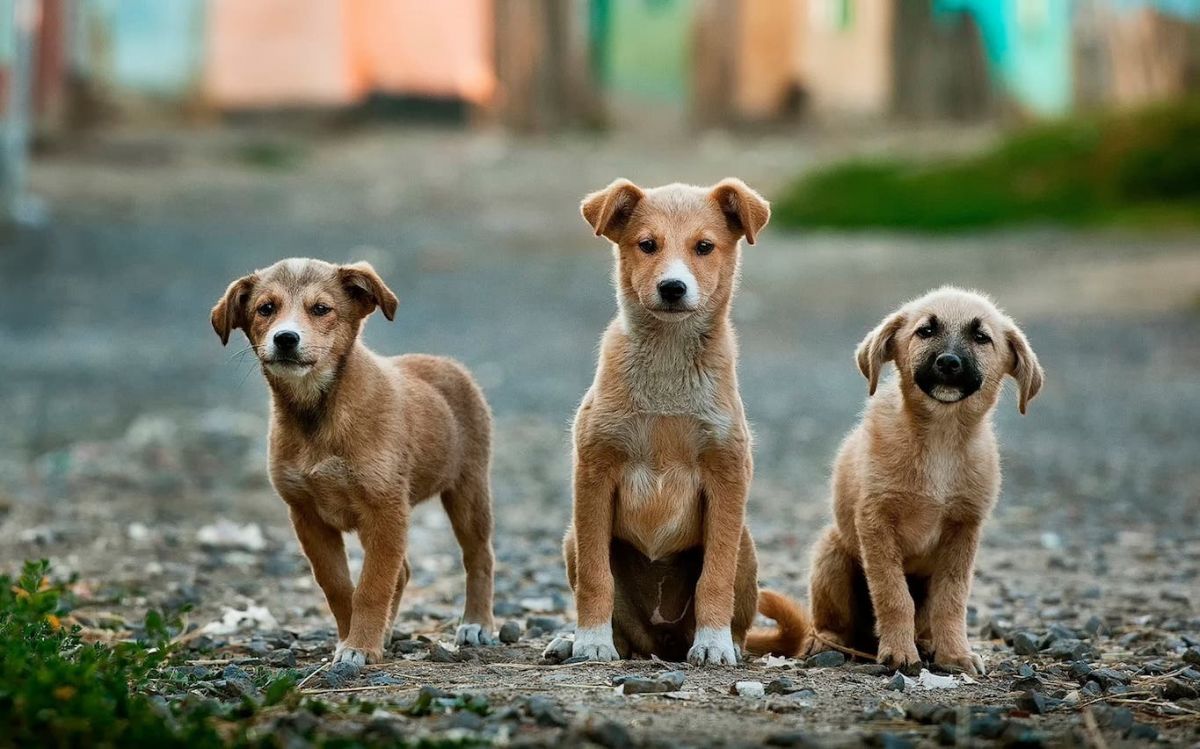
Pet IQ Test: Explore Your Pet's Intelligence and Potential


Pet Insurance: A Must for Comprehensive Pet Protection


Instruction to PetSmart















